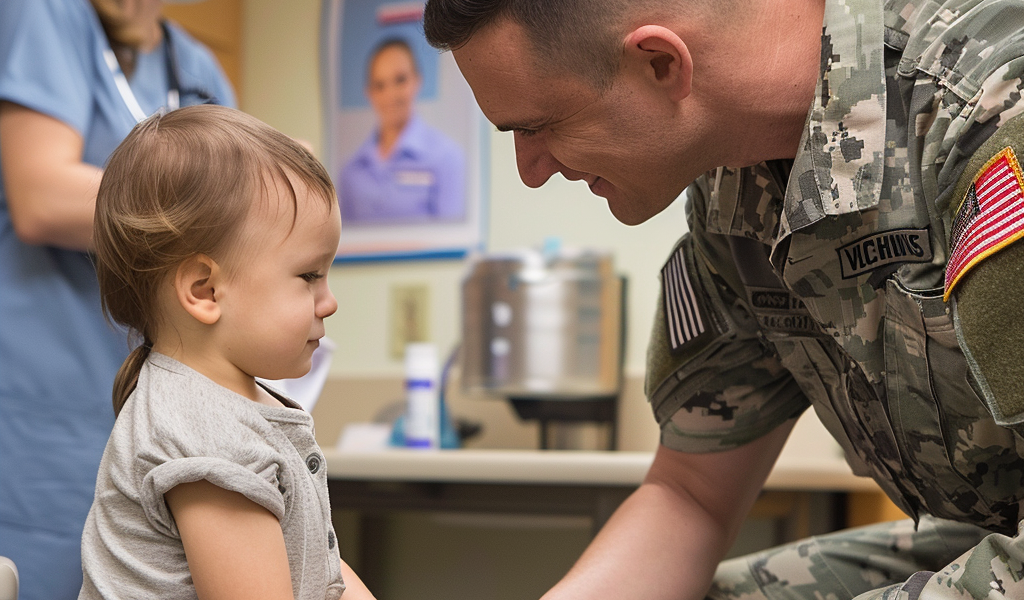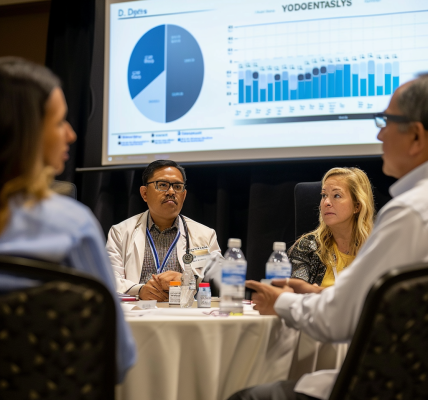In a recent study published in Pediatrics, researchers have uncovered significant barriers that military children face in receiving timely vaccinations. Despite higher vaccination coverage rates compared to the national average, military families encounter unique challenges that can hinder their children’s immunization schedules.
According to the study, which tracked vaccination data for 275,967 children of military personnel born between 2010 and 2019, 74.4% of these children completed the recommended combined seven-vaccine series by the age of 24 months. However, the study also revealed that 36.2% of these children experienced delays in their vaccinations.
The vaccines included in the study were for diphtheria, tetanus, and pertussis; polio; measles, mumps, and rubella; Haemophilus influenzae type b; hepatitis B; varicella; and pneumonia. Additionally, the researchers evaluated the coverage of the rotavirus vaccine separately. The results showed that polio had the highest completion rate at 95%, while the rotavirus vaccine had the lowest at 77.5%.
One of the key findings of the study highlighted that children born outside the United States or those who frequently changed their well-child care locations were at an increased risk of not completing their vaccinations on time. The researchers pointed out that structural barriers such as limited access to affordable well-child care, inconvenient office hours, and challenges in tracking vaccination schedules contribute to these delays.
Celeste J. Romano, MS, from the Deployment Health Research Department at the Naval Health Research Center in San Diego, emphasized that while military families generally do not face significant financial barriers to healthcare, they often struggle to find providers that accept TRICARE, the military’s health insurance plan. Frequent relocations due to military assignments and demanding work schedules further complicate access to timely vaccinations.
The study also noted a troubling trend: children born during the COVID-19 pandemic (2018-2019) faced additional disruptions in their vaccination schedules, leading to further delays. The overall trend indicated that more children are completing their vaccinations by age two over time, but the risk of noncompletion remains higher for those born between 2010 and 2011.
These findings underscore the importance of addressing the specific barriers faced by military families in order to improve vaccination rates among their children. Public health initiatives aimed at enhancing access to immunization services and providing support to military families could play a crucial role in ensuring that all children receive their vaccinations on time, thereby reducing the risk of preventable diseases.
As the study highlights, routine childhood immunizations have been instrumental in preventing an estimated 1.1 million deaths over the past three decades. Ensuring that military children are not left behind in this critical aspect of public health is essential for the well-being of these families and the broader community.





